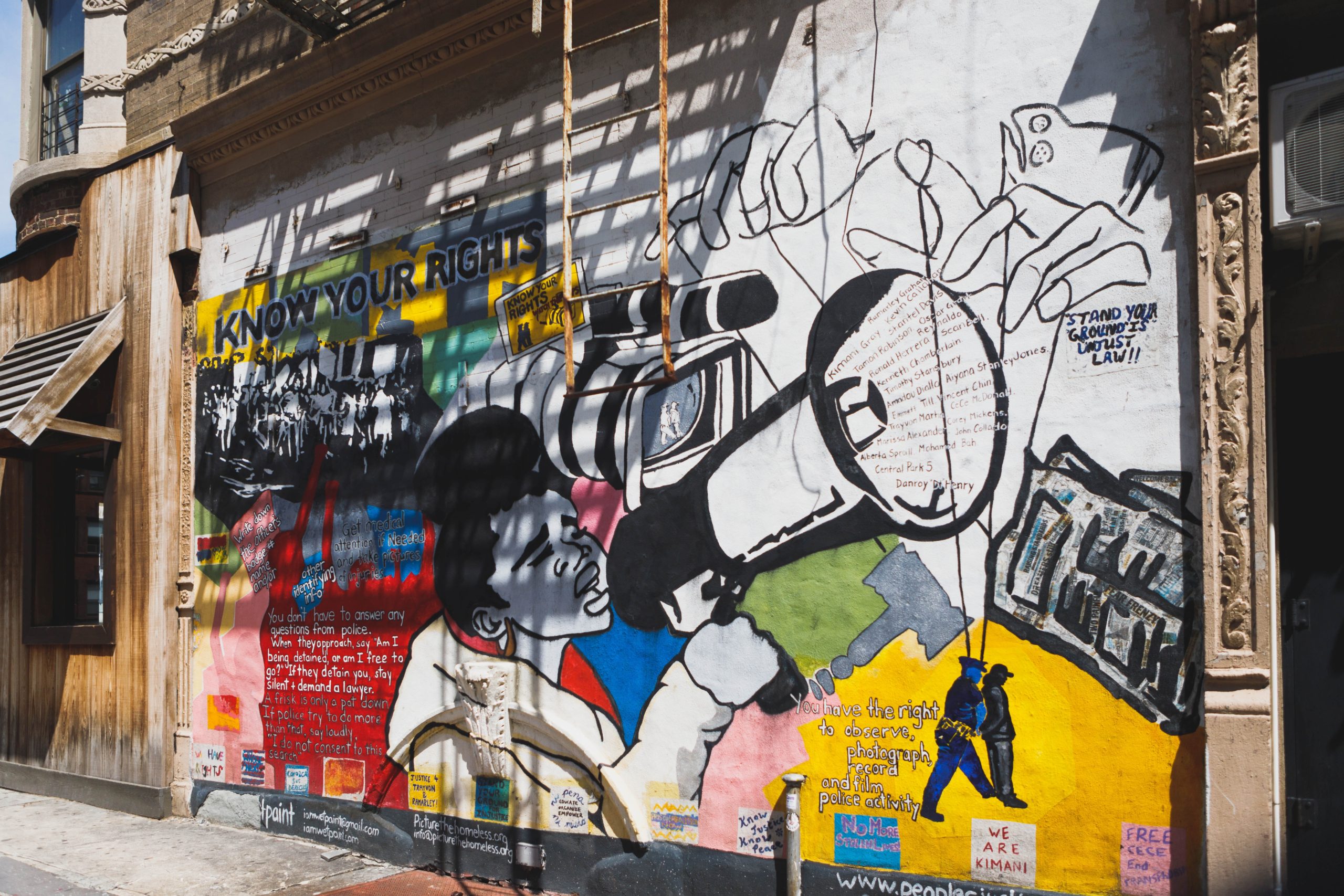What “counts” as philosophy?
This may be a question that plagues you as you read for class this week. Are the thinkers we explore this week–Rauschenbusch, Niebuhr, and Du Bois–philosophers? Are they theologians? Public critics? What’s the difference?
In some ways, this week will embody our questions about subjugated knowledges. (This is certainly a theme of Julian’s and my conversation on the podcast.) It should also lead us to ask critical questions about institutional power, authority, and gatekeeping, and invite us to understanding theological, philosophical, and political notions of progress at the turn of the 20th century.
- Listen to A Curious Disputation, Season 2 Ep 7
- Sanders, “Walter Rauschenbusch on Society” (Beyond the Pale)
- West, “Reinhold Niebuhr on Realism” (Beyond the Pale)
- Dorrien, “Recovering the Black Social Gospel”
- Read Du Bois, The Souls of Black Folk*
- Read Rauschenbusch, Christianity and the Social Crisis*
- Turn in Social Gospel Reading Response
- Guiding Question for your RR: What are some of the ways Du Bois had to establish his authority as a Black thinker, especially vis-a-vis thinkers like Hildegard, Wollstonecraft, Kant, and others from generations before?
